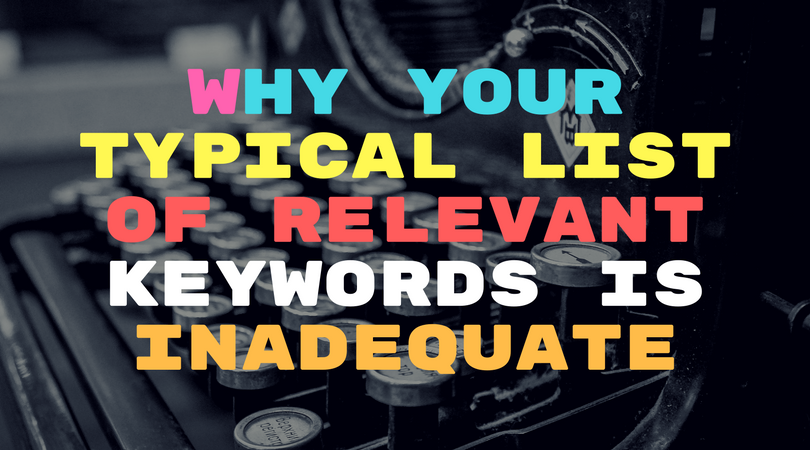Contents
You have been told this?
[feature_box style=”4″ only_advanced=”There%20are%20no%20title%20options%20for%20the%20choosen%20style” alignment=”center”]
Use long tail keywords in your articles and watch the traffic potential to your blog explode!
Go after the low hanging fruit first, write about long tail keywords and target low traffic BUT low competition keywords.
[/feature_box]
So like any diligent writer you Google “lsi keyword generator” or just go over to your neighbourhood Google AdWords Keyword Tool -> https://adwords.google.com/KeywordPlanner
The result
Here is a typical dump of the type of keywords you can expect from a LSI keyword tool.
Example: “how to get rid of acne”
Notice how what you really get are “title” like synonyms for your article.
You can definitely work in those titles as sub headings, but still it doesn’t clearly indicate what types of words you should use in your article.
In fact if all you did was use, “zits”, “fast cure”, “treatment” you would be missing out on the really important terms that Google is expecting and users want to see in your article.
Take 2
Below is a screen capture of what you get using our tool.
Notice immediately how you have a list of words that you can imagine using in your article.
“skin” “face” “acne” “bacteria” “pimples” “tea tree oil”
These words are not just synonyms for your main keyword.
Most times thats what “lsi tools” give you, very good synonym substitutes for your main keyword.
What they don’t give you are real related terms that appear in articles about your keyword.
Armed with a real list of related keywords you can start talking about “tea tree oil”, “washing”, “pores” and watching out for “dry skin”.
Result
Your readers read a much more useful article about your keyword.
Not only did you mention your main keyword, but you also talked about things that are actually related (not just synonyms).
Google is happier because you have demonstrated the power of collocation.
Google is more confident your article is about your main keyword, because words that commonly occur with your main keyword also appear in your article *not just synonyms*.
[optin_box style=”10″ alignment=”center” action=”http://articleinsights.com/amember/signup/trial” method=”get” email_field=”email” email_default=”Enter your email address” integration_type=”custom” double_optin=”Y” name_default=”Enter your first name” form_id=”mc-embedded-subscribe-form” opm_packages=””][optin_box_hidden][/optin_box_hidden][optin_box_code]
[/optin_box_code][optin_box_field name=”headline”]Here’s The Headline For The Box[/optin_box_field][optin_box_field name=”paragraph”]PHA+VHJ5IG91dCBTQ0MgZm9yIGZyZWUuIE5vIG9ibGlnYXRpb24uIE5vIHBheW1lbnQgZGV0YWlscyByZXF1aXJlZC48L3A+Cg==[/optin_box_field][optin_box_field name=”privacy”]We value your privacy and would never spam you[/optin_box_field][optin_box_field name=”top_color”]undefined[/optin_box_field][optin_box_button type=”0″ button_below=”Y”]Get Instant Access![/optin_box_button] [/optin_box]




